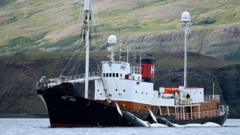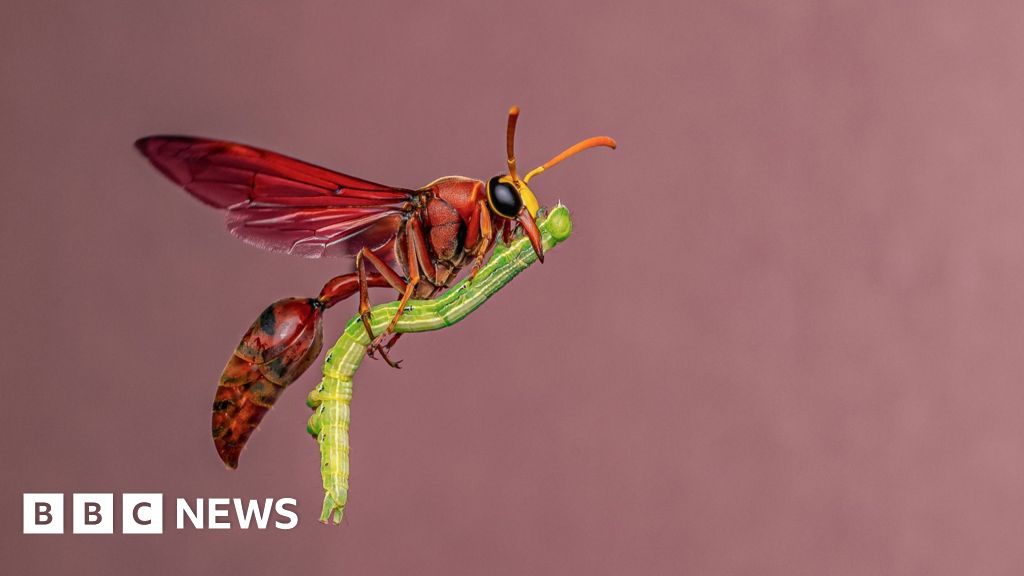Iceland's outgoing government has stirred controversy by granting five-year whaling permits for two ships, allowing the annual capture of 209 fin whales and 217 minke whales from June to September. Despite growing welfare concerns and protests from various groups against whaling, officials argue that the permits provide "predictability" for the industry and are based on scientific advice regarding sustainable practices.
Iceland remains one of only three countries in the world that still allows whaling, alongside Japan and Norway. While fin and minke whales can be hunted, other species are protected. The last whaling season saw a shortened duration, with only 24 fin whales killed, well below the quota of 209. This move follows prior suspensions due to investigations into animal welfare, particularly concerning the use of explosive harpoons that caused suffering.
Groups such as Iceland's Environment Association have condemned the decision as harmful to climate and animal welfare, while others criticize the influence of wealthy whalers during a transitional governmental period. Despite losing in recent elections to the Social Democratic Alliance, the outgoing government stated its decisions were made with guidance from the Norwegian Fisheries Agency, ensuring a precautionary and sustainable approach for marine resources.





















